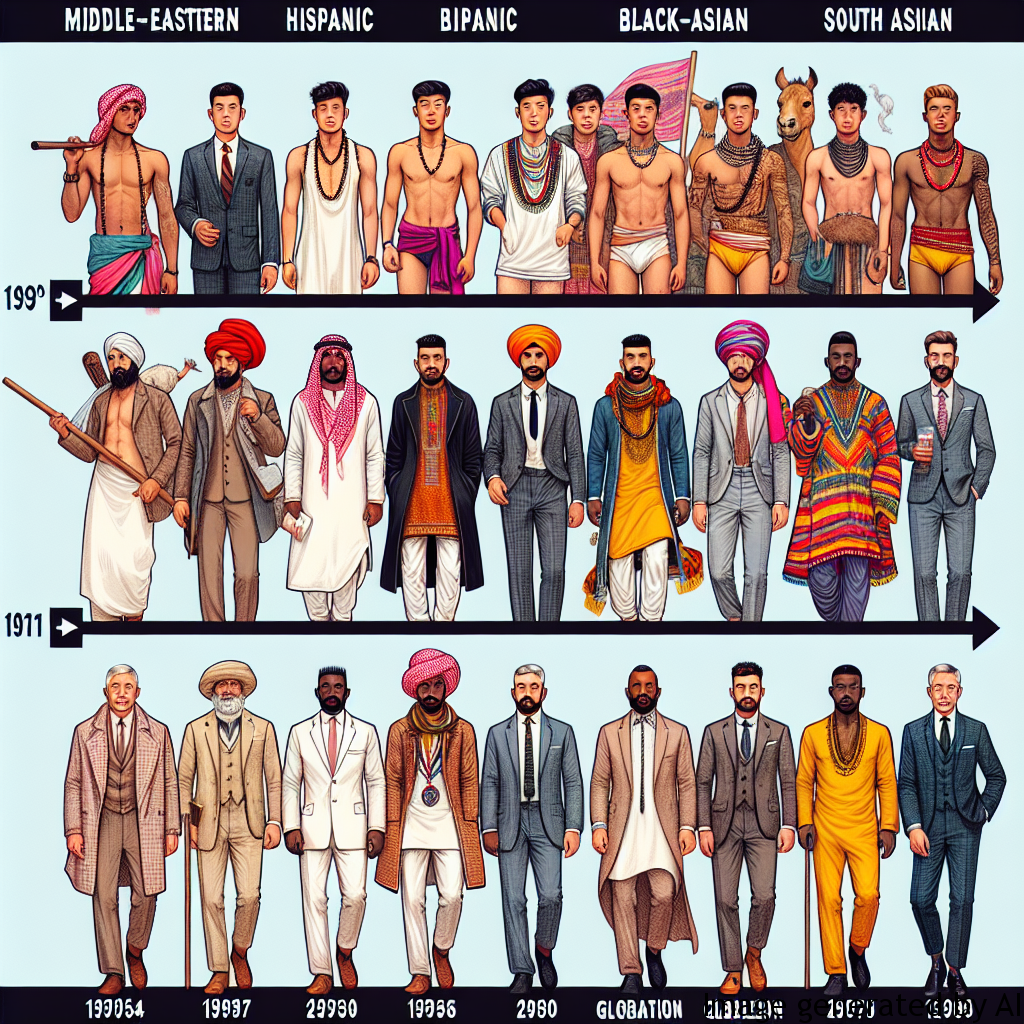Introduction
Globalization has profoundly impacted every sphere of human life, including fashion and sexuality. As people across the globe increasingly interact and share ideas, a significant shift in traditional gender roles and expectations is noticeable, especially in men’s fashion and sexuality. Men are now more open in expressing their style and sexuality free from conventional stereotypes. This article seeks to understand the impact of globalization on men’s fashion and sexuality, focusing on gender expectations, their implications on men’s mental health, and how these gender roles shape men’s lives. Also, we will offer some tips to improve men’s psychological health in dealing with gender roles.
Description of Gender Expectations and Their Impact on Men’s Psychological Health
The Definition of Gender Expectations
Gender expectations are societal norms concerning behaviors, attitudes, and tasks typically associated with males and females. Traditionally, men have been expected to be masculine, strong, and unemotional, which often restricts them from expressing themselves freely, particularly in fashion and sexuality.
The Impact on Men’s Psychological Health
The societal pressure of adhering to gender roles can significantly affect men’s mental health. Often, men who express themselves outside these established norms face ridicule, discrimination, or social alienation, leading to stress, anxiety, depression, and other mental health issues. This traditional masculine stereotype has left many men struggling with their identity, sexual orientation, and fashion choices in silence.
Examples of How Gender Roles Can Impact Men’s Lives
These rigid gender norms profoundly impact men’s everyday experiences, particularly in their fashion choices and expression of sexuality. For example, men who prefer to wear clothing typically associated with women such as skirts or dresses, or those who enjoy makeup and cosmetics face societal backlash and judgment. Additionally, men with non-heteronormative sexual orientations face even more discriminations in societies that aren’t accepting or understanding of different sexual identities. The fear of stigmatization can hamper their personal growth, impact self-esteem, and increase mental health issues.
Tips to Improve Psychological Health Considering Gender Roles
Improving psychological health amid societal gender expectations requires both individual efforts and societal changes. Here are some tips for men looking to navigate this:
- Open Dialogue: Men should be encouraged to talk openly about their feelings, fashion preferences, and sexual orientation. An open dialogue can break down stereotypes and build empathy.
- Professional Help: Seeking help from mental health professionals can provide better coping strategies when struggling with societal expectations.
- Education: Educating oneself and others about diverse expressions of gender and sexuality can promote acceptance and reduce stigma.
- Breaking stereotypes: Actively working towards breaking gender stereotypes in fashion and sexuality allows for healthier self-expression.
Conclusion
Globalization as a sociocultural catalyst has significantly impacted men’s fashion and sexuality, challenging traditional gender norms and expectations. While this shift provides an opportunity for individuals to express their identities freely, it also presents challenges in terms of societal acceptance and self-imposed pressures. Therefore, continuous efforts are needed from both individuals and societies to promote open-mindedness, acceptance, and understanding about gender roles in fashion and sexuality. The ultimate goal here should be to foster positive mental health and allow everyone the freedom to express their identity authentically.

